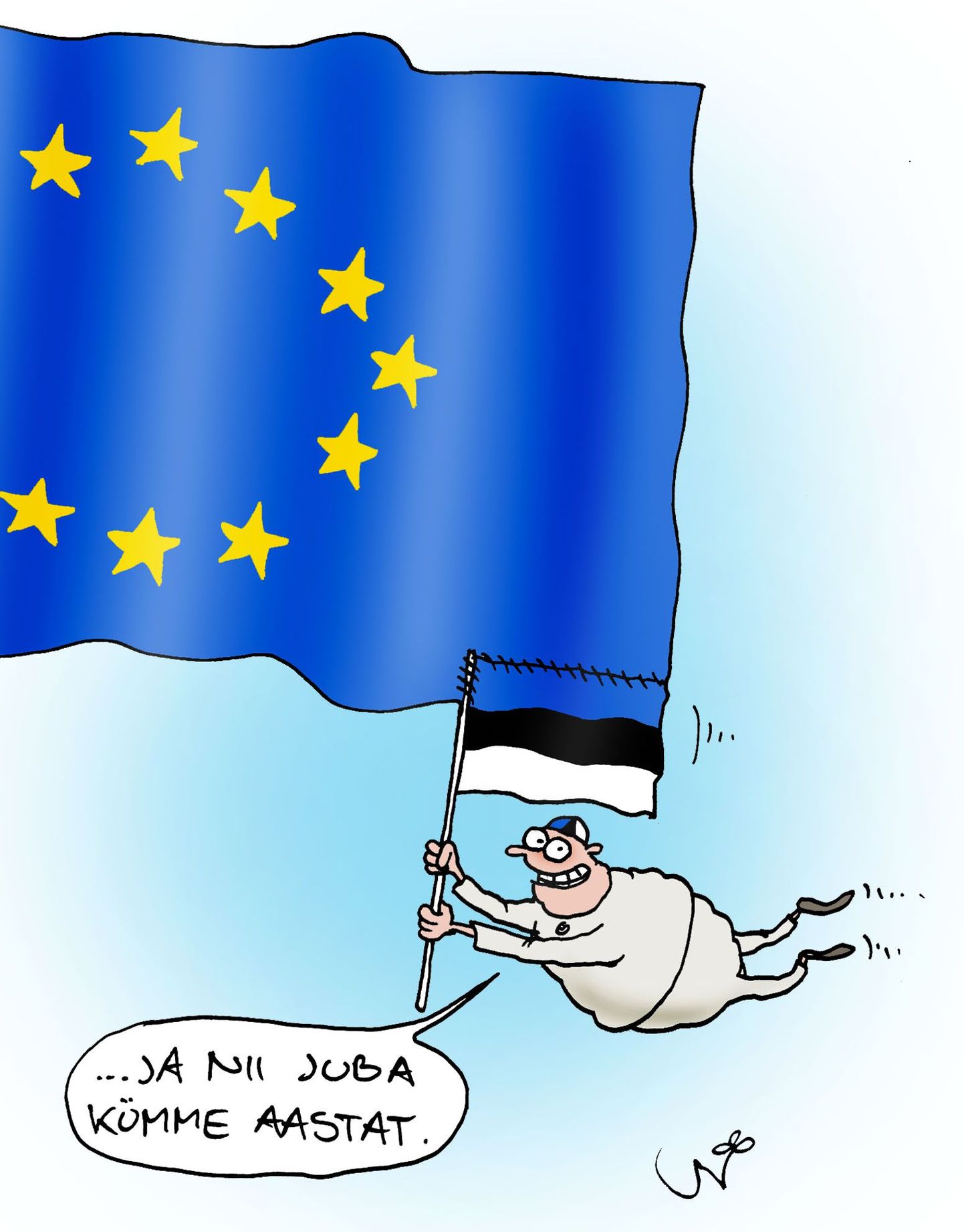The European world view has sprung up from three roots, the first being the democratic sprout birthed in Ancient Greece which, rather than seeing the truth as a given, treats it as something birthed by discussion. Generally speaking, the second would be the Christian understanding of people as free individuals, and society as a congregation of free individuals who, in order to function together, enter a societal pact. And the third being the human rights principle based on European philosophical world view applied to all equally and without exceptions. Put together, these form a part of what we have come to call European values. Democracy, rule of law, human rights, and open economy – these are expressions of said world view. In a weird way, though, these are words that carry much more meaning outside of Europe, than inside of it.
The values we have gotten so used to that we wouldn’t imagine life without them, yet unnoticed due to their everydayness, strike the eye on Europe’s borders. Events in Ukraine is a reminder of the world at large not operating on these same principles. On an Internet freedom conference in Tallinn this Monday, the Turkish writer Elif Şafak talked about state level restrictions on freedom of speech – hard to imagine in the European context.
